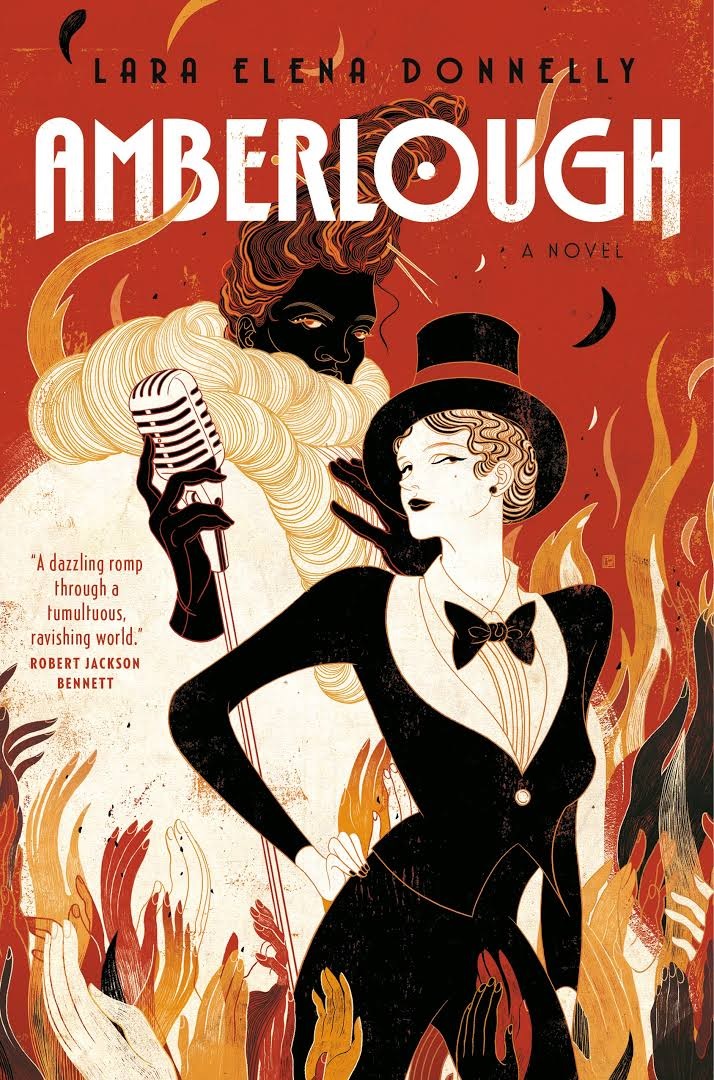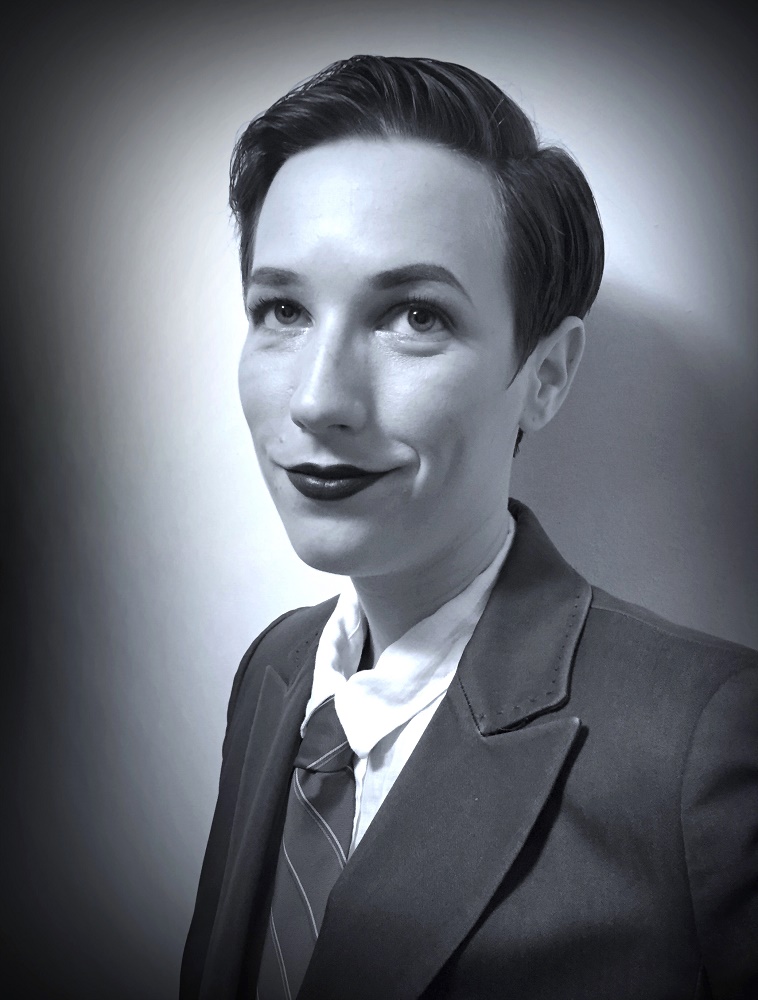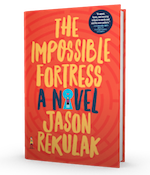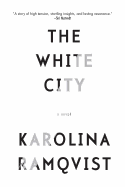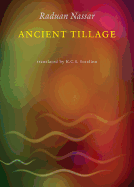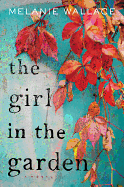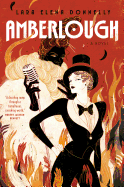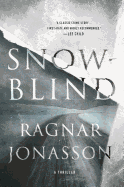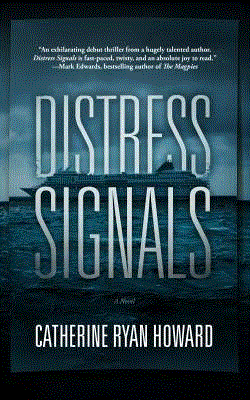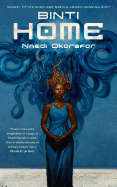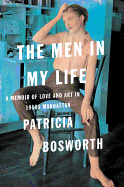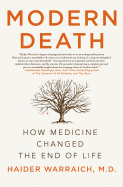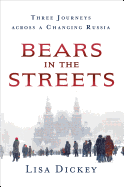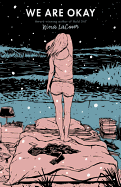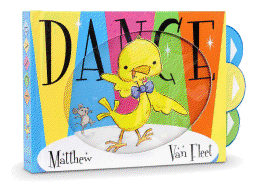 |
| photo: Courtney Apple |
Jason Rekulak is the publisher of Quirk Books, where he has worked on bestselling titles such as Pride and Prejudice and Zombies and Miss Peregrine's Home for Peculiar Children. In his debut novel, The Impossible Fortress, three teenage boys in the 1980s set out on a seemingly impossible task: to steal the issue of Playboy featuring Vanna White. Rekulak lives in Philadelphia with his wife and two children.
You work in publishing, but this is your first novel. Was the process surprising? Did your work experience make this easier or harder?
I've been at Quirk for 16 years, so I'm pretty entrenched in the indie world with no corporate infrastructure or massive resources. So it has been revealing to see how a big house handles your book. That's been fascinating, and I've had some exposure to some new things. On the other hand, though, some things are wholly familiar. They're currently in the process of changing the cover... again. Of course they have to change it. It wouldn't be publishing if they didn't have to make changes. I'd say background at Quirk has definitely prepared me for some of the bumps along the road.
Do you think your experience as a publisher changed the way you wrote the book at all?
Probably. At this point, I've worked on a lot of books. I feel a lot more confident than I did when I was younger, but I don't know if that is because of my experience as a publisher, necessarily.
On the one hand, I think the book is commercial and has a lot of hooks. On the other hand, I think it must not be commercial at all, because there aren't really any good comparative titles for it. So part of me thinks that maybe my work as a publisher influenced some of the choices I made, but I'm not sure.
The Impossible Fortress reads like a heist story--but not a traditional one. What drew you to this genre?
The Impossible Fortress is, on the surface, a silly heist book set in the '80s about these young boys who are planning to steal something totally ridiculous: the issue of Playboy featuring Vanna White.
I had that itch that I think a lot of writers have: to write about my childhood, my adolescence, my coming of age. Will and the world that he lives in are based on my own experiences. His town is exactly where I grew up geographically. I loved the downtown we had; instead of a Staples, you had a real store, and that money stayed in the community. We had an independent bookstore that was five blocks from my house.
But then I had to ask myself, what are they going to do? These kids can't just sit around talking for the whole book. Once I hit on the heist framework, that gave all these ideas a shape and a structure. It wasn't like the heist here was life or death, either, because I didn't overwhelm all of the other things I wanted to write about.
On its surface, the book is very funny; it's slightly absurd and has some hilarious moments. But it's also fairly serious, with many reflections on what it's like to be a teenager, especially in the '80s.
I find I'm most comfortable with the funny stuff. I'm less comfortable with the passages where I'm trying to dig into real emotion and heart. I just worry that it's going to make readers throw the book across the room. That was something that really came out in the editing process. I had a great editor who would point out where I had a strong point and needed to add a couple more lines to really get to the heart of what was happening emotionally. A lot of that is still pretty subtle, though. I thought that any kind of big scene where I spelled it all out would be kind of annoying.
Will is a computer gamer who teaches himself code. Are you a coder yourself? Or were you when you were Will's age?
I was a big computer programmer when I was a teenager, and I really loved that era of early home computers where you had to literally type in the code if you wanted to play something. The games you could buy then weren't designed by thousands of people like they are now, they were designed by one person who did everything: the graphics, the sound, the music, and the coding. When I was Will's age, 13 or 14, that was my aspiration: I wanted to be one of those people.
I would make games that were really very rudimentary: you would be a square and you'd have to go fight the monsters that were squares. But the instructions for the game would be 7 or 8 pages of text, with history and backstory and where all the square characters were from and where they were going. It was all completely irrelevant to the game, but it was a form of writing that I felt like I could do. So I would create these giant games with these giant backstories, which was kind of like writing fiction, in a way.
By the time I got to college, I realized I didn't have to do the coding part of it if I didn't want to. I could do the writing and the story part of it and not have to bother with the messy coding and software and all that stuff. So that's what I did. And now I work in publishing.
So the pieces of code that introduce each chapter... are those functional?
My original plan was to make the game that Will and Mary are making; those excerpts are code for the game. I wanted them to be playable on these emulators you can download for your computer now that will turn it into Commodore 64 or a TRS-8 or whatever. But six months into writing the book and making the game, I realized no one was going to download the emulator for Commodore 64 and then type in all of this code. (Even though that's what I did all the time when I was 14; I'd think nothing of typing in several hundred lines of code.)
Instead I ended up partnering with this husband-wife wizard programming team to make this game where readers could just go online to play it. They read the book, and read about the game in the book, and they figured out a way to turn it into a real thing. Ultimately, if we did the game right, I think the gameplay will underscore the story of The Impossible Fortress. --Kerry McHugh
